The global shift toward sustainability has impacted every industry, from construction and packaging to textiles and ceramics. Adhesives, often overlooked but essential in countless manufacturing processes, are now under the spotlight. Traditional solvent-based adhesives, while effective, have raised significant concerns regarding environmental impact, worker safety, and long-term sustainability.
Enter INCO, a pioneer in water-based digital adhesives. By embracing green chemistry, digital application technologies, and eco-conscious innovation, INCO has transformed adhesives into a tool for both performance and sustainability. Their solutions are not only reducing volatile organic compound (VOC) emissions but also empowering industries to meet rising environmental regulations without compromising quality.
This article explores the role of INCO’s water-based adhesives in shaping the future of sustainable manufacturing, their advantages over traditional alternatives, and how they contribute to a greener industrial ecosystem.
The Role of Adhesives in Modern Industry
Adhesives are fundamental to construction, ceramics, packaging, textiles, furniture, and electronics. They bond surfaces, enhance durability, and support product performance. However, the conventional reliance on solvent-based adhesives has introduced challenges:
- High VOC emissions, contributing to air pollution.
- Health risks for workers exposed to chemical solvents.
- Environmental hazards in disposal and production.
As industries shift to eco-friendly practices, adhesives must also evolve. INCO has redefined this space by delivering water-based digital adhesives that align with sustainability goals while offering unmatched versatility.
What Are Water-Based Digital Adhesives?
Water-based adhesives are formulated with water as the primary solvent, replacing harmful organic solvents. INCO has taken this a step further by combining these eco-friendly adhesives with digital application technologies, enabling precision, efficiency, and waste reduction.
Key Features of INCO’s Water-Based Adhesives
- Low VOC emissions → Safer for the environment and human health.
- Digital precision application → Less adhesive wasted, optimized coverage.
- High bonding strength → Equal to or stronger than many solvent-based alternatives.
- Versatility → Effective in ceramics, packaging, laminates, textiles, and more.
- Compliance with global regulations → Meeting EU, US, and international standards for sustainability.
Why INCO Leads in Sustainable Adhesive Innovation
۱. Commitment to Green Chemistry
INCO designs adhesives that minimize environmental harm from raw material sourcing to end-of-life disposal. Their green formulations focus on biodegradability, reduced carbon footprint, and renewable components.
۲. Digital Transformation of Adhesives
By enabling adhesives to be applied digitally, INCO helps manufacturers reduce:
- Material waste
- Energy consumption
- Operational costs
Digital technology ensures exact dosing, unlike manual application, which often leads to overuse.
۳. Industry-Specific Solutions
INCO does not provide a one-size-fits-all adhesive. Instead, they tailor formulations for:
- Ceramics: Tiles and surface bonding.
- Packaging: Food-safe, recyclable-friendly adhesives.
- Construction: Eco-friendly bonding agents for insulation and laminates.
- Textiles: Flexible yet durable adhesives for fabrics.
Sustainability Benefits of Water-Based Digital Adhesives
۱. Reduced Environmental Impact
Water-based systems drastically lower VOC emissions, supporting cleaner air and healthier workplaces.
۲. Energy Efficiency
Many solvent-based adhesives require high curing temperatures. INCO’s water-based adhesives often cure at lower temperatures, saving energy.
۳. Safe for Workers
Non-toxic formulations mean reduced risk of respiratory and skin hazards.
۴. Circular Economy Compatibility
Since they can be designed for easy recyclability, these adhesives support a circular economy model where materials are reused instead of discarded.
۵. Compliance with Global Standards
From REACH in Europe to EPA standards in the US, INCO’s adhesives meet strict environmental guidelines, ensuring future-proof solutions for manufacturers.
Applications Across Industries
۱. Ceramics and Tiles
INCO adhesives ensure strong bonding for tiles, decorative ceramics, and digital printing applications. Digital precision reduces material waste and supports custom designs.
۲. Packaging Industry
With growing demand for eco-friendly packaging, INCO’s adhesives ensure safety, recyclability, and durability—ideal for food-grade and consumer goods packaging.
۳. Construction and Architecture
Water-based adhesives are being applied in insulation panels, laminates, and eco-friendly flooring solutions, reducing environmental impact during building projects.
۴. Textile and Apparel
The fashion industry is increasingly under pressure to adopt sustainable practices. INCO adhesives allow fabrics to bond without toxic chemicals, supporting both style and sustainability.
۵. Furniture Manufacturing
From wood laminates to upholstery, adhesives are critical in furniture. INCO’s non-toxic, durable adhesives are ideal for creating long-lasting and eco-conscious products.
Comparing Water-Based vs. Solvent-Based Adhesives
| Feature | Solvent-Based Adhesives | INCO Water-Based Adhesives |
|---|---|---|
| VOC Emissions | High | Very Low |
| Worker Safety | Hazardous | Safe |
| Environmental Impact | High | Low |
| Application Method | Manual/Imprecise | Digital/Precise |
| Compliance | Limited | Fully Compliant |
| Recyclability | Difficult | Compatible |
The table highlights why industries are rapidly shifting toward water-based solutions as a sustainable alternative.
Challenges in Adopting Water-Based Adhesives
While advantages are clear, challenges remain:
- Initial investment in digital application systems.
- Performance adaptation for certain high-stress applications.
- Education gap among manufacturers used to solvent-based systems.
However, as technology advances and environmental regulations tighten, these challenges are becoming short-term hurdles rather than long-term barriers.
The Future of Adhesives: INCO’s Vision
INCO is investing in R&D for next-generation adhesives that combine:
- Nanotechnology for improved bonding at micro levels.
- Bio-based polymers derived from renewable resources.
- AI-powered design to predict adhesive performance before production.
This future-ready approach ensures that INCO remains a global leader in sustainable adhesive innovation.
Case Study: INCO’s Partnership with Ceramic Manufacturers
In 2023, INCO partnered with leading ceramic manufacturers in Europe to integrate water-based digital adhesives into tile production lines. Results included:
- ۳۰% reduction in adhesive waste.
- ۲۵% lower energy consumption during curing.
- Improved worker safety and satisfaction.
- Faster time-to-market for new ceramic collections.
This case demonstrates how INCO’s innovation supports both business goals and environmental responsibility.
Conclusion
The world is moving toward sustainable solutions, and adhesives—though often invisible—are central to this transformation. INCO’s water-based digital adhesives prove that high performance and environmental responsibility can go hand in hand.
By reducing VOC emissions, enabling digital precision, and supporting a wide range of industries, INCO stands as a model of how innovation can drive sustainability. Their journey reflects not only a technological leap but also a commitment to a greener, safer, and more efficient industrial future.
For businesses looking to stay competitive in the global market, adopting INCO’s sustainable adhesives is not just an option—it’s a necessity.
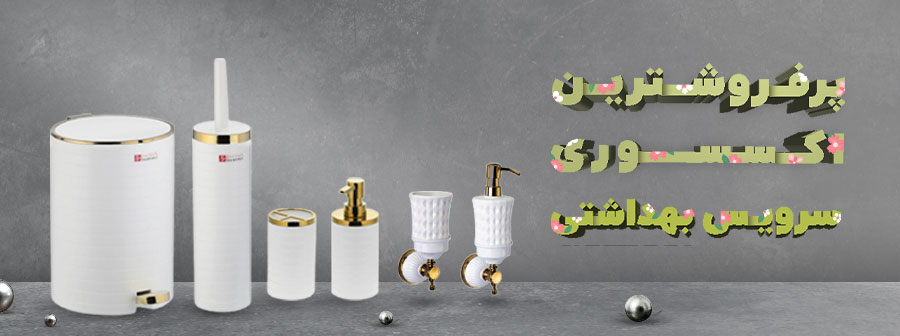
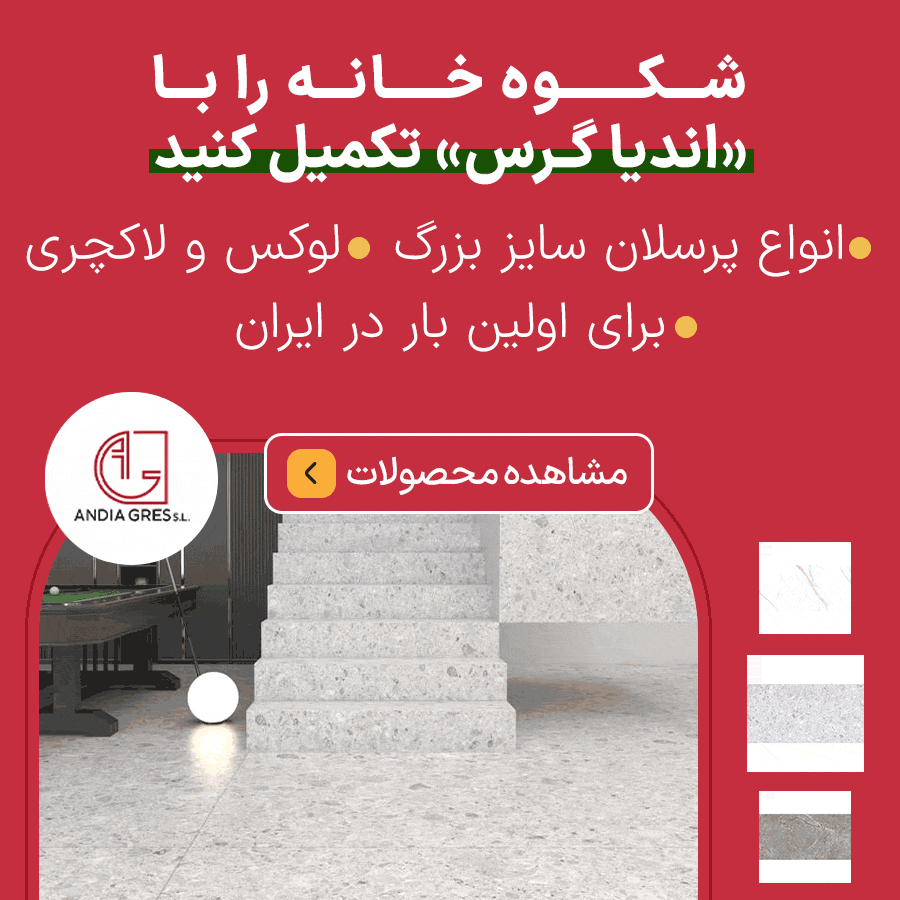
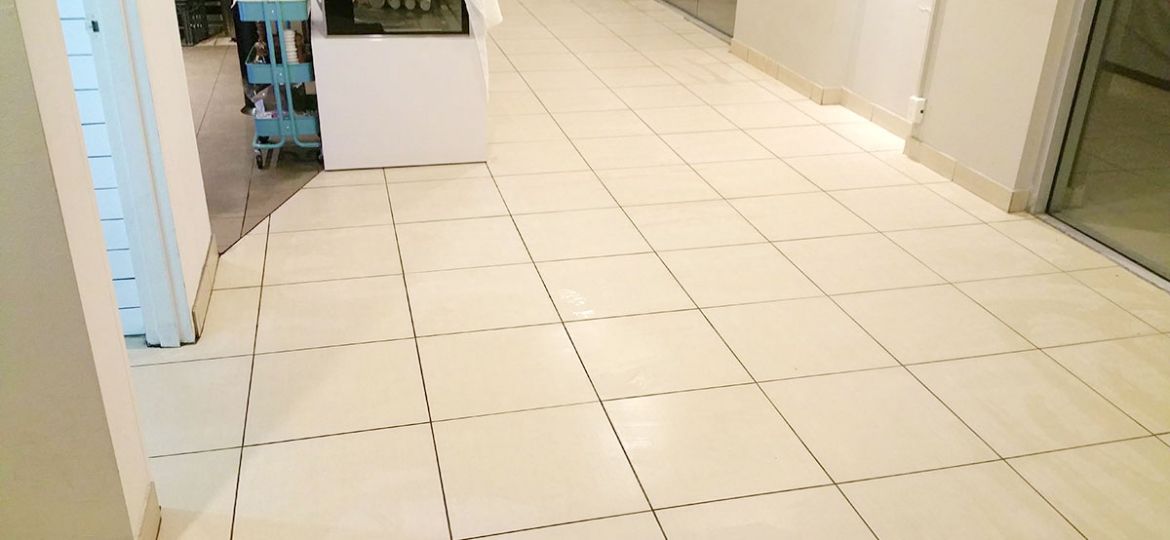
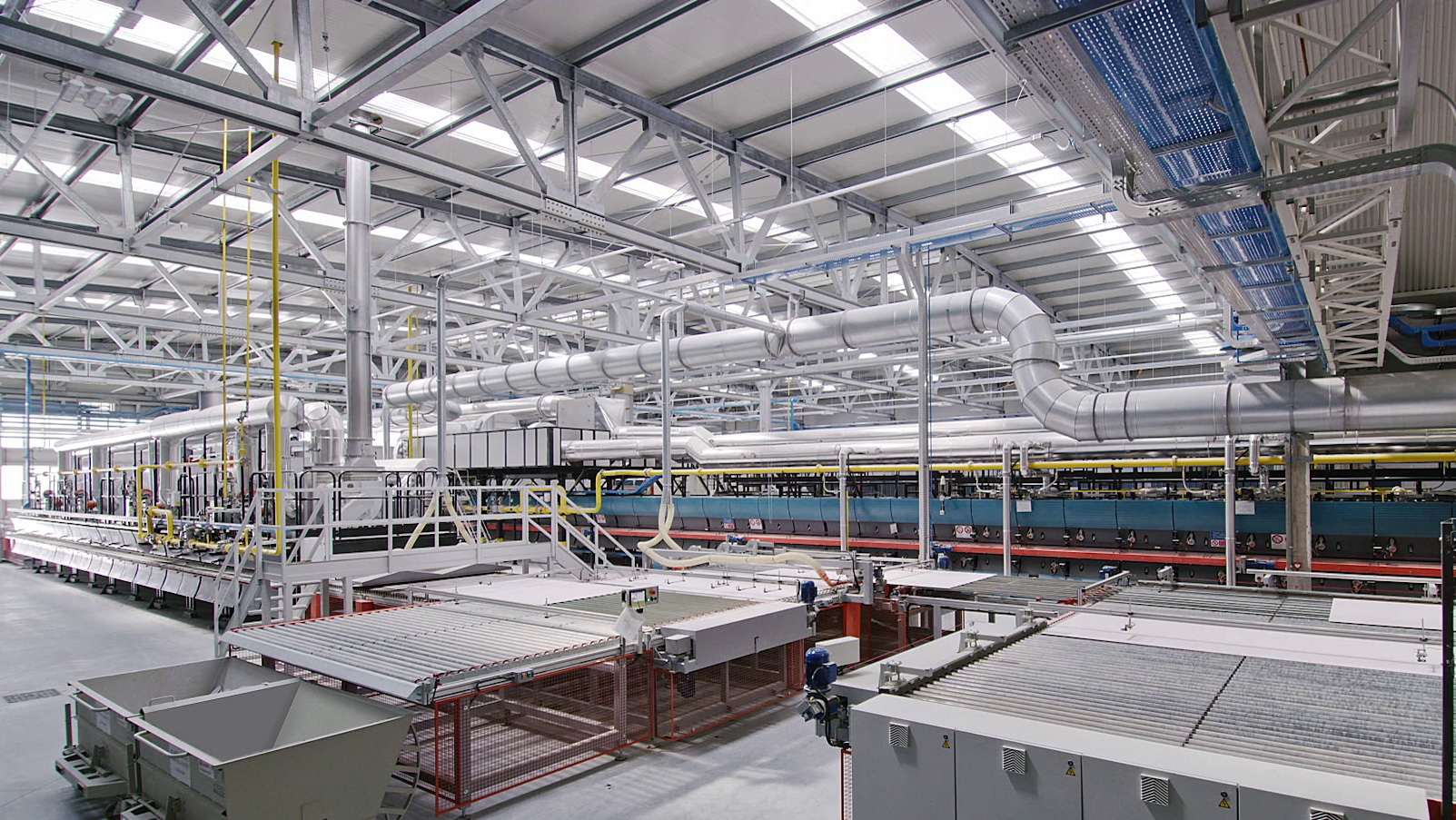
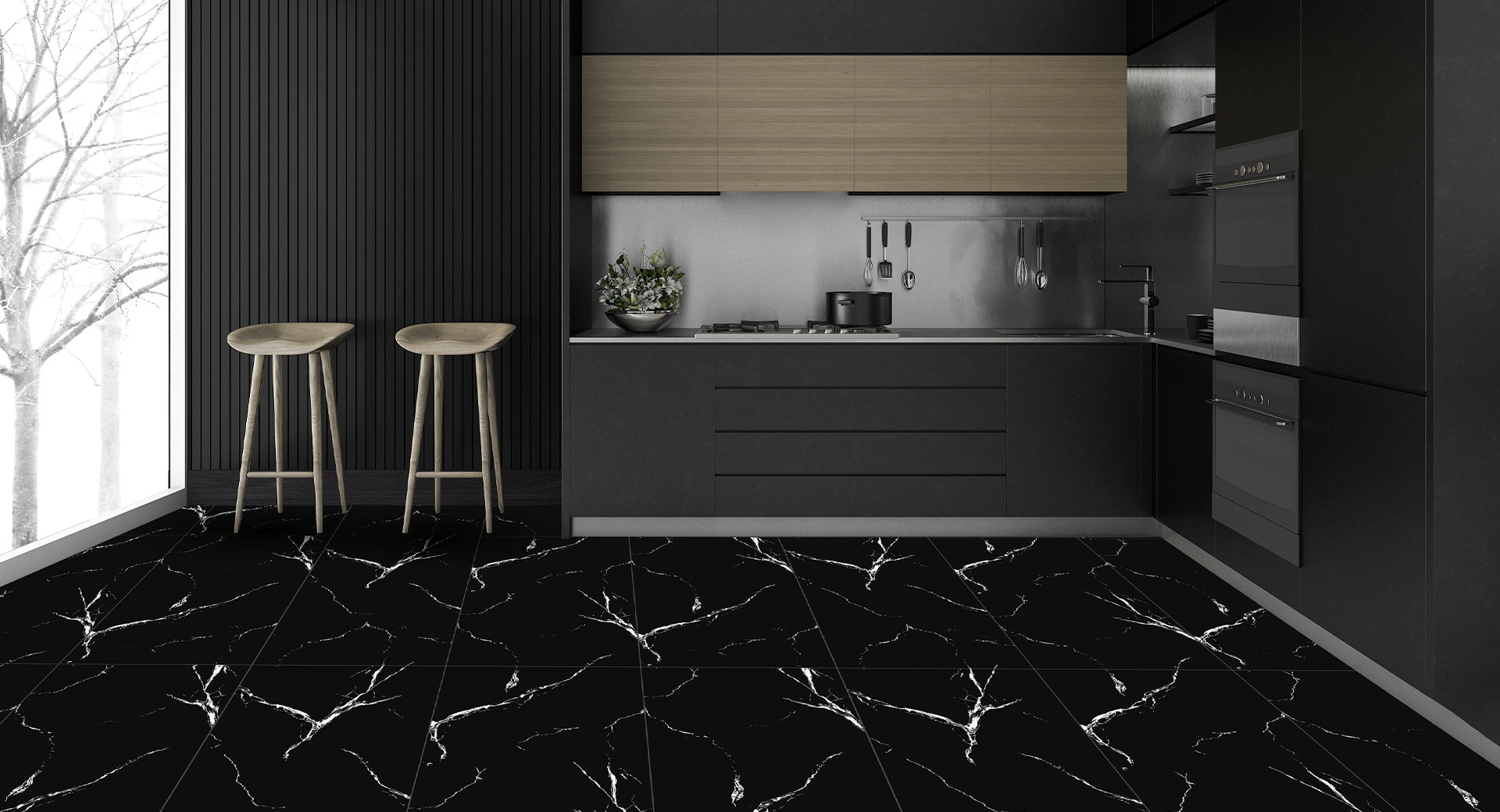
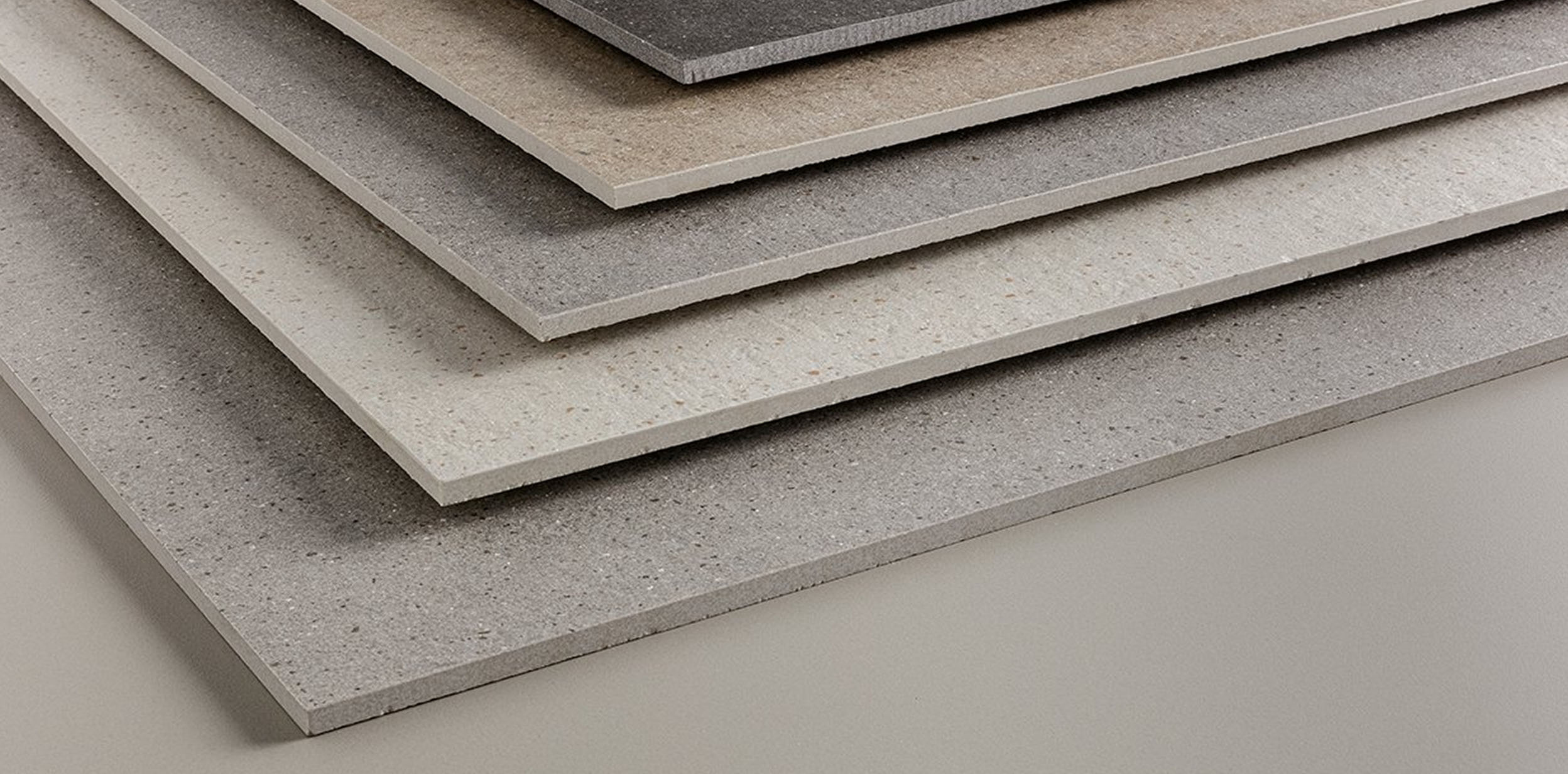
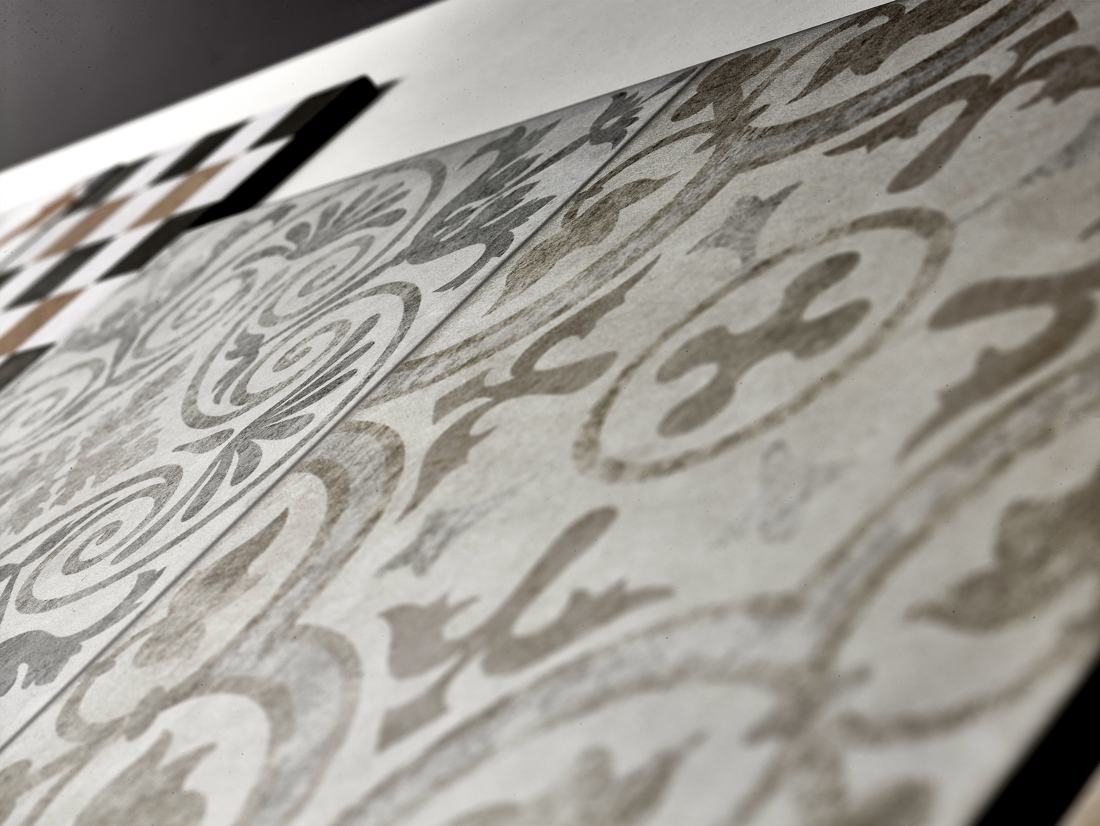
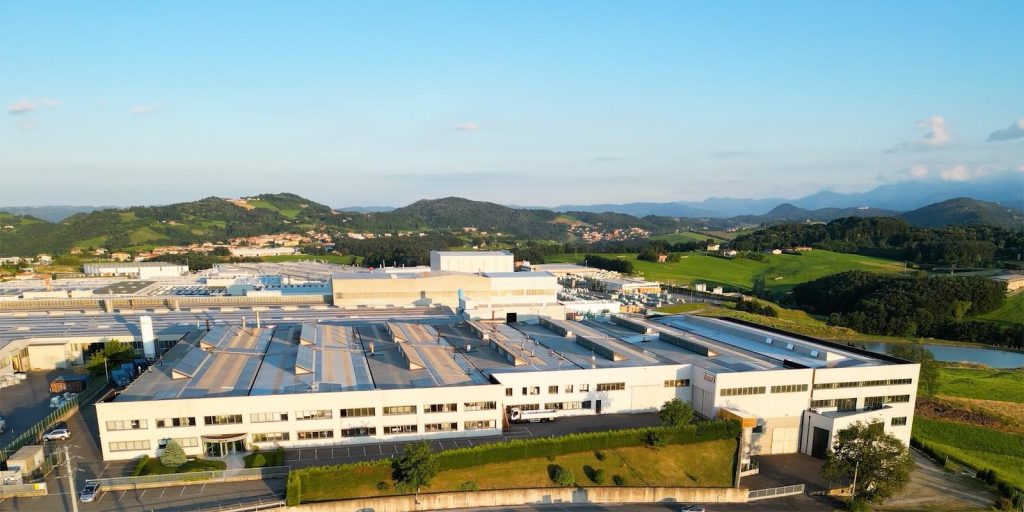
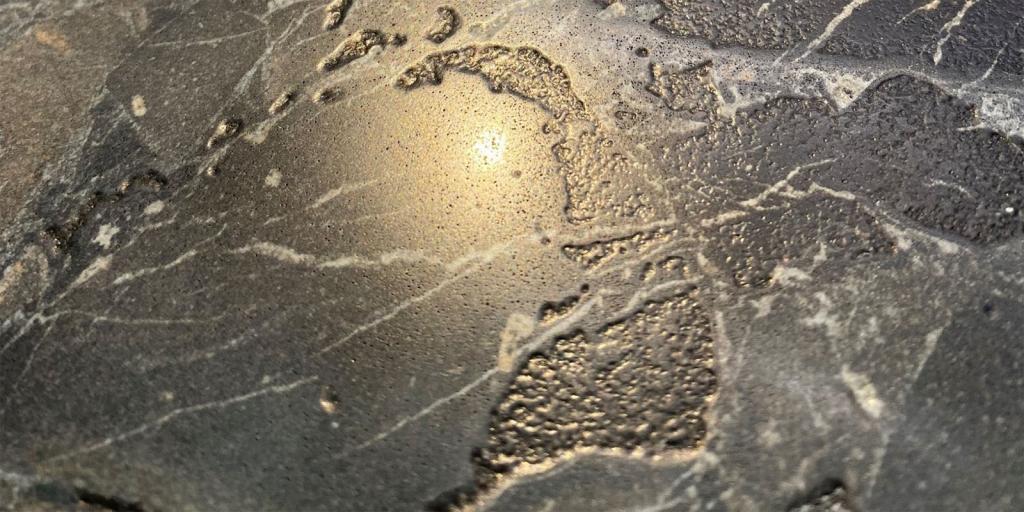
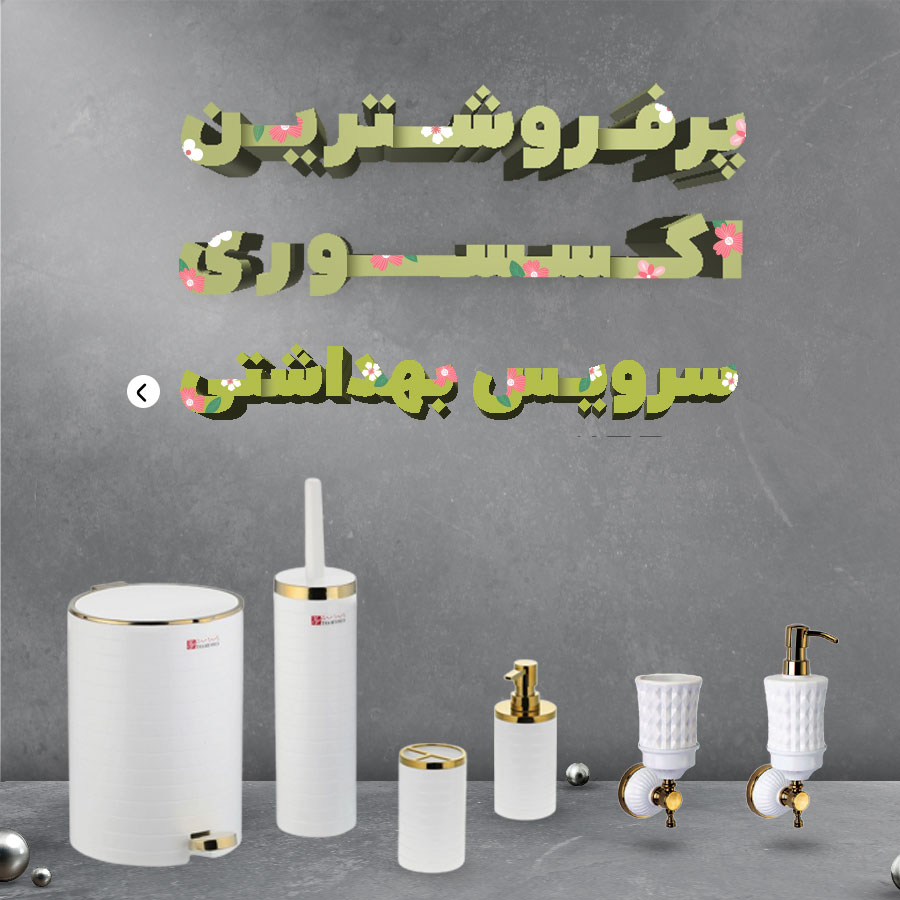

نظرات ۰